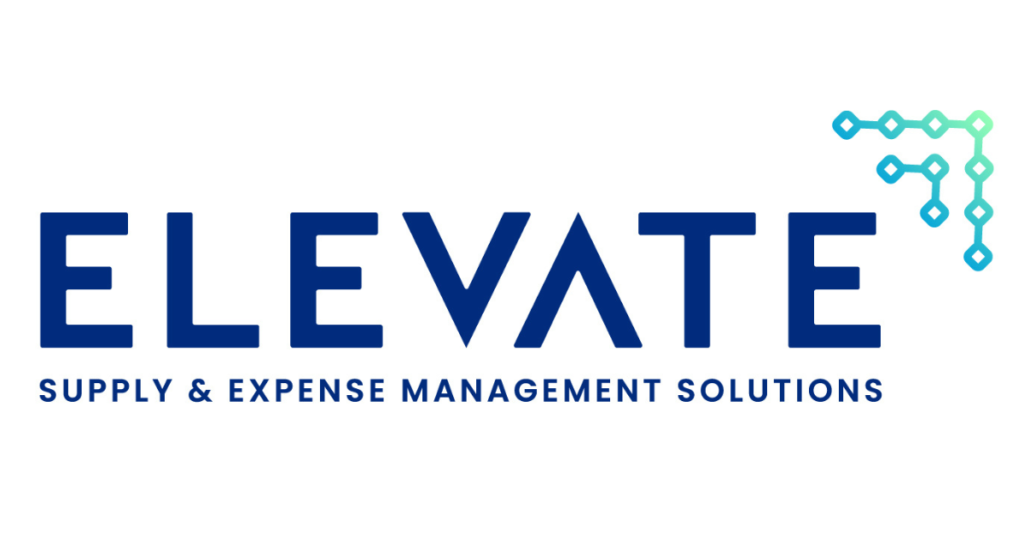As the dynamics of pharmacy management adjust to changes in the healthcare environment, it’s essential for hospitals to take various factors into consideration as they look to provide high-quality patient care and achieve operational efficiency. Effective pharmacy management involves the seamless integration of financial, operational, and clinical aspects, each playing a significant role in hospital performance. Let’s explore best practices in pharmacy management that pave the way toward healthcare success.
The Evolving Role of Pharmacists
In the modern healthcare landscape, pharmacists have undergone a remarkable transformation. They’ve evolved from being the traditional dispensers of medications to becoming invaluable members of the healthcare team. Today, pharmacists play a crucial role in improving patient outcomes. They collaborate closely with physicians and nurses to select the most appropriate medications for each patient, ensuring that the chosen therapeutic approach is both effective and cost-efficient. This shift towards a more integrated role for pharmacists not only enhances the quality of care but also enhances hospital operations. It brings pharmacists closer to patients, enabling them to provide more personalized and effective care. To make the most of this shift, it’s essential to empower pharmacists to work at the top of their license, leveraging their expertise to benefit both patients and the healthcare system.
Streamlining Medication Dispensing
Efficiency in medication dispensing is a cornerstone of effective pharmacy management within hospitals. Achieving this efficiency often involves delegating certain responsibilities to pharmacy technicians, allowing pharmacists to focus on higher-level patient care activities. When the entire pharmacy team collaborates effectively, it results in streamlined medication dispensing processes. Additionally, moving pharmacists closer to the patient’s bedside enhances their responsiveness to patient needs. This proximity allows for a stronger patient-pharmacist relationship, which is especially important for optimizing medication adherence and outcomes. By empowering pharmacy teams and promoting teamwork, hospitals can ensure that medication dispensing is efficient and patient-centered.
Optimal Medications Drive Better Outcomes
Optimal medication selection is essential in achieving successful healthcare outcomes. The clinical aspect of pharmacy practice involves selecting the right medications, at the right dose, at the right time, with the right coverage for our patient. This is best accomplished through a collaborative approach with other healthcare professionals contributing their areas of expertise. The collaboration will not only promote patient-centered care, but also establish a foundation for evidence-based decision-making rather than relying on marketing-driven approaches.
The financial aspect of pharmacy management is equally vital. It’s essential to make informed decisions about which medications to purchase, understand the current spending patterns, and strive to maintain a low-cost position while still delivering high-quality care. Data visibility and transparency are key factors that can guide your decision-making as you consider how your formulary and medication use decisions will impact both the revenue and expense sides of the equation. Collaborating with group purchasing organizations can help bring greater levels of understanding related to market dynamics, drive a more competitive price point, and ensure an optimal market position.
Overcoming Challenges in Pharmacy Leadership
Pharmacy, as also seen in other areas, has not been immune to the challenges of succession planning and filling the leadership chasm with the next generation. As the profession has grown and developed, it has increasingly shifted toward clinical practice. This transformation is marked by the continued growth of clinical experiential sites, pharmacy residency programs, and the ever-expanding opportunities for clinical specialists. While this shift has advanced the profession forward in clinical aspects, it’s crucial for us to develop the next generation of pharmacy leaders. These leaders should be capable of not only supporting the expansion of clinical programs, but also contributing to pharmacy practice across various settings, from the IV room and central pharmacy to the boardroom.
By addressing these challenges through targeted education and training, pharmacy leaders can cultivate the necessary skills to steer healthcare institutions toward high-quality care delivery and unwavering patient safety. Exceptional programs are available today, but the first step is to ensure that staff and leadership development is a priority for your organization.
The Importance of Careful Selection of “Partners”
The decision-making process in pharmacy management entails meticulous consideration of reputable distributors and manufacturers. It’s crucial to recognize that not all pharmaceutical products are created equal. The pandemic has taught us many valuable lessons, and among the most crucial is that our choices regarding the products we use and their procurement should consider factors beyond just pricing. Hospitals must be purposeful in their choices to guarantee the procurement of high-quality medications and remain cognizant of up and downstream impacts of these decisions. Pharmacies should also be equipped with operational solutions to effectively navigate drug shortages. This involves tapping into clinical resources to adequately manage supplies and strategies to procure safety stock or alternate products promptly. By making thoughtful decisions regarding distributors and manufacturers and investing in operational preparedness, healthcare institutions can maintain top-tier care delivery.
Hospitals and healthcare organizations that embrace these aspects of pharmacy management can expect to see improved patient outcomes, increased cost-efficiency, and enhanced pharmacy operations. Pharmacy management is a critical part of the healthcare ecosystem, and by incorporating these proven best practices, hospitals can continue delivering patient-centered care. Quality medications, thoughtful decision-making, and strategic partnerships are the keys to success for pharmacy management leaders looking to achieve excellence in healthcare delivery.





